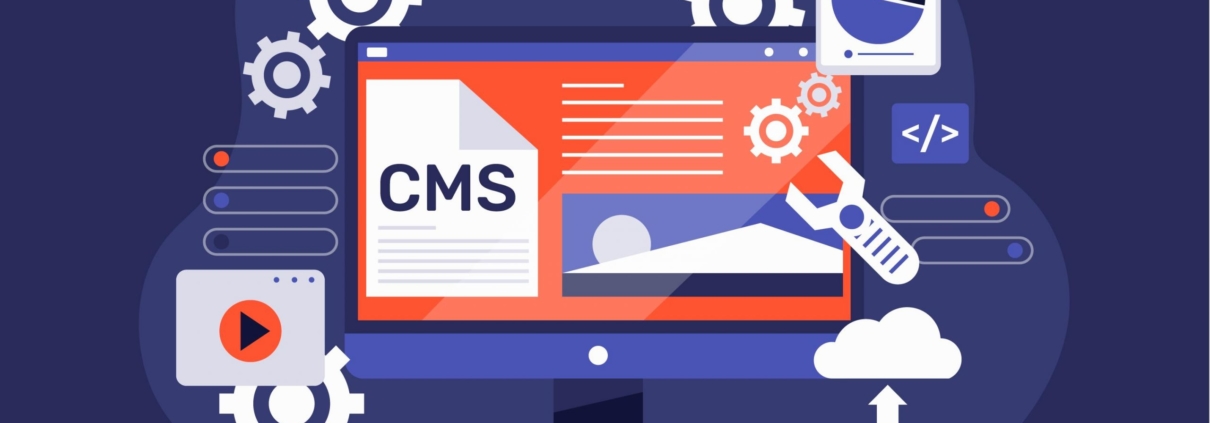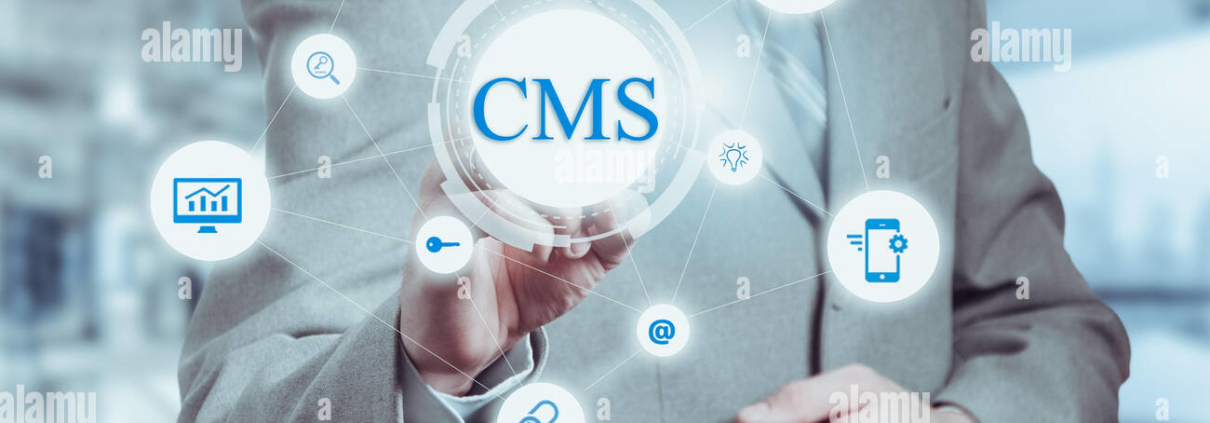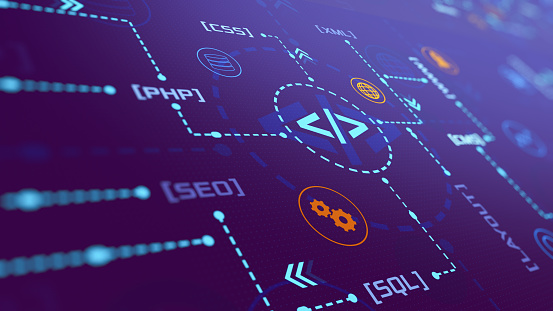The Importance of Website Security in Your CMS Platform
In the fast-paced digital landscape of today, where websites serve as the face of businesses and organizations, ensuring robust website security is paramount. Content Management System (CMS) platforms like WordPress, Drupal, Joomla, and others have revolutionized the way websites are created and managed. However, they have also become prime targets for cyberattacks. In this blog post, we will delve into the significance of website security within your CMS platform.
Significance of Website security within CMS platform:
1. Safeguarding Sensitive Data
Whether you’re running an e-commerce store, a news portal, or a corporate website, there’s a high likelihood that you collect and store sensitive user data. This might include personal information, email addresses, payment details, and more. A security breach can have severe consequences, including legal liabilities, financial losses, and a tarnished reputation.
2. Protecting Against Hacking
CMS platforms are a favorite playground for hackers due to their widespread use. By exploiting vulnerabilities, hackers can gain unauthorized access to your website, deface it, or even manipulate its content and functionality. This not only disrupts your online presence but also harms your credibility.
3. SEO and Reputation Management
Search engines like Google prioritize security. A compromised website can lead to a drop in search engine rankings, making it harder for potential visitors to find you. Additionally, a hacked site can damage your reputation, eroding the trust of both users and search engines.
4. Defending Against Malware
Malware injections are a common tactic used by attackers. They sneak malicious code into your website’s files, potentially distributing malware to unsuspecting visitors. This can trigger warnings from browsers and antivirus software, deterring users from accessing your site.
5. Ensuring Data Integrity
Security isn’t just about keeping attackers out; it’s also about preserving the integrity of your content. Unauthorized access can result in content manipulation or deletion, causing confusion among your audience and undermining your brand’s authenticity.
6. Countering DDoS Attacks
Distributed Denial of Service (DDoS) attacks can cripple your website by overwhelming it with traffic. Implementing robust security measures can help mitigate the impact of such attacks, ensuring your website stays accessible.
7. Legal Compliance
Depending on your website’s purpose and the data you handle, you may be subject to various legal regulations. Non-compliance can lead to hefty fines. Prioritizing website security can help you adhere to these laws and protect your organization from legal consequences.
8. Cost-Efficiency
Investing in website security is an investment in your long-term financial stability. The expenses associated with recovering from a cyberattack, including legal fees, damage control, and potential loss of revenue, can far surpass the cost of implementing proactive security measures.
9. Upholding Trust
Trust is the bedrock of online interactions. When users know their data is safe and their browsing experience is secure, they are more likely to engage with your website, make purchases, and become loyal customers.
10. Ensuring Long-Term Success
A secure website is more likely to thrive in the competitive digital landscape. Regularly updating your CMS and its plugins, employing robust authentication methods, and vigilantly monitoring for security threats will help ensure your website’s long-term sustainability.
Ensuring the importance of website security in your CMS platform cannot be overstated. It is a crucial element of maintaining a resilient online presence in today’s digital age. By implementing security best practices, using strong authentication methods, and leveraging reputable security solutions like those offered by BabySoft software, you fortify your website against cyber threats, bolster trust, and ensure the long-term success of your online endeavors.





